The theme for ACA’s annual conference this year was ‘Aged Care: Fit For The Future’. The theme reflected the evolving needs and challenges of Aotearoa’s aged care sector in a rapidly changing world. The three-day conference drew stakeholders from across the sector, providing an excellent platform to engage with innovative solutions, best practices, and emerging trends that can support the current and future needs of aged care. With an exhibition of over 100 stands, diverse plenary and concurrent sessions, informative keynote speakers, and over 340 delegates in attendance, the event provided valuable insights into the direction of the sector, underscoring the importance of adapting to future demands while prioritizing the well-being of those in care!
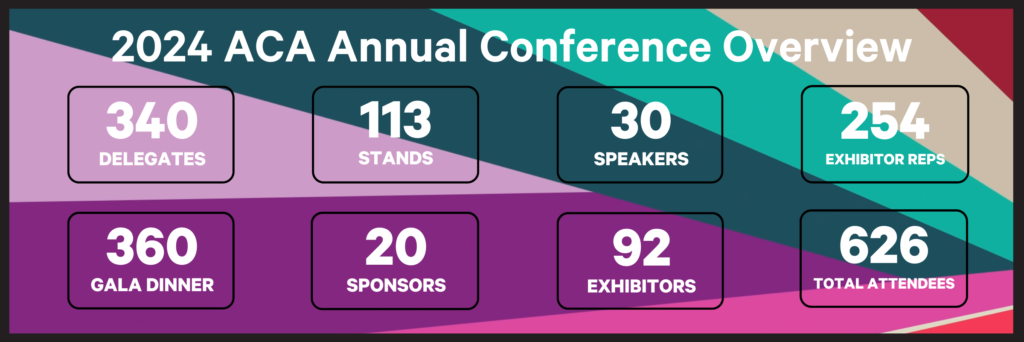
Day 1
Ngāti Whātua Ōrākei, the tangata whenua of Te Kahu Tōpuni o Tuperiri, central Tāmaki Makaurau, opened the conference with a beautiful mihi whakatau.
This was followed by a welcome address from the ACA Chair Simon O’Dowd which set the tone for the conference.
Ngahihi O Te Ra Bidois delivered the opening keynote address with his inspirational and insightful presentation ‘Be A Good Ancestor’. He emphasised the message that the most important resource is our people. On being a good ancestor, he noted “The true measure of Leadership is influence. Nothing more, nothing less.”
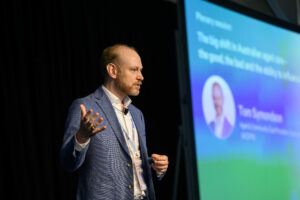
Tom Symondson presents on the big shift in Australian aged care from across the Tasman.
Tom Symondson from the Aged and Community Care Providers Association (ACCPA), Australia, brought us news of the big shift in Australian aged care from across the Tasman. He shared the key highlights from the recent reforms in Australia and attributed its success to the consultative process undertaken by the Australian government by setting up a taskforce with representation from the sector. He highlighted the positives from the recent changes while looking at the opportunities that still lay ahead for improving ARC services – both in aged residential care as well as home care services.
A conference poised at discussing the future of aged care would of course be incomplete without a discussion on Artificial Intelligence. A panel discussion on AI’s potential to improve healthcare in NZ, facilitated by Tom Symondson from ACCPA, brought together Robyn Whittaker from Health NZ | Te Whatu Ora, Philip Daffas from Painchek and Kevin Ross from Deloitte. The panel talked about how AI could address discrimination, and because AI is data-driven, the panel spoke about the importance of controlling our input to create the desired outcomes.
There were a total of eight concurrent sessions on Day 1.
- Elena Piere from Otago University spoke about the innovative technologies and resources available to help ARC facilities monitor their food waste. She also spoke of the need for developing food reduction strategies.
- Dr Leona Dann from Te Tāhū Hauora HQSC presented on the Ngā Paerewa Health and Disability Services Standard and helped the attendees understand the new reporting requirements under the National Adverse Events Policy 2023.
- Shirley Ross and Jenny Burge from Oceania shared their experience of developing a nurse-practitioner model for ARC. The presentation featured actual stories, feedback, case studies and financial data on running a nurse practitioner model, ensuring an evidence-supported dialogue on the wins and challenges of developing the model in ARC.
-
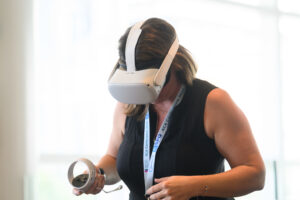
Delegates got to experience VR dementia education.
Caroline Bartle and Ellen Bragger from Alzheimers NZ reiterated the theme for the conference with their presentation on future-focused dementia education using virtual reality. An actual VR headset being used for dementia education was passed around for the listeners to try on, which ensured a vibrant discussion!
- Tracey Martin from the Aged Care Association presented on New Zealand’s legislative process, explaining how laws are made and why we should care. Tracey reiterated that engaging with local MPs should be a targeted strategy for every ARC provider to ensure that the needs of the sector are well heard and discussed in the lead up to the 2026 election.
- Philip Whitmore from KPMG Cybersecurity spoke about the need for a real-world focus on cyber security. He shared that on a scale from 1 to 5, with 5 being the ‘optimised’ rating, the average cyber security maturity of New Zealand organisations is considerably low at 1.7. Apart from addressing the risks, he also shared the five things we can all do to be better prepared against cyber security risks.
- John Carter from HL7 New Zealand spoke about how interoperability in New Zealand aged care can ease pressure on providers. He introduced the listeners to the Fast Healthcare Interoperability Resources (FHIR) developed by HL7, a standard for exchanging healthcare information electronically. He shared its benefits as well as challenges and considerations.
- Lisa Cochrane from BSI presented about the trends in ARC auditing. She also shared about the continued challenges that ARC facilities were experiencing two years since Ngā Paerewa standards were first introduced. She also shared an overview of the key considerations that ARC facilities should be aware of to ensure their compliance with the Ngā Paerewa standards and audit requirements.
The day concluded with welcome drinks (sponsored by Toitū te Waiora), and the opportunity for delegates to network with speakers and trade stand exhibitioners.
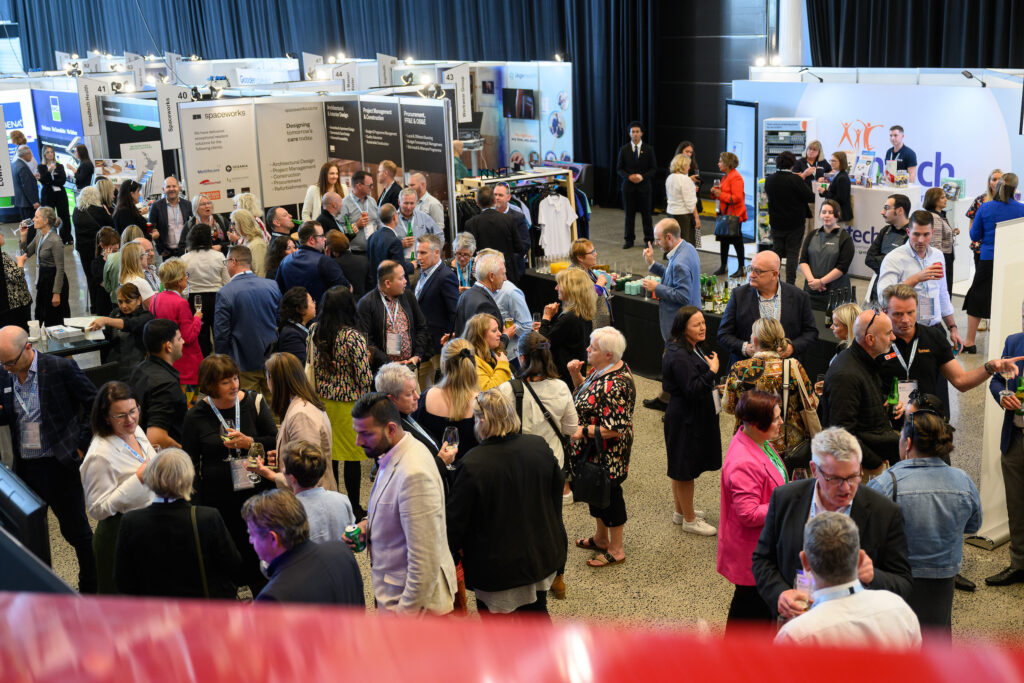
Delegates mingle with speakers and trade exhibitors during the welcome function.
Day 2
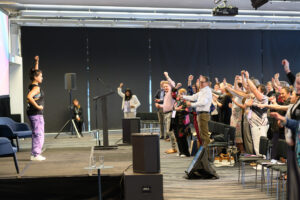
Urvi Gadhia had the whole crowd on their feet, dancing to bhangra.
Day 2 of the conference started with an invigorating ice breaker session by ACA staff Urvi Gadhia, who set the crowd dancing to bhangra!
The plenary session for the second day featured Michaela Aspell from Owl Advisory who spoke about the key climate considerations in aged care. She noted that being fit for the future would mean successful service delivery in a changing climate. She spoke about the increasing cost of insurance with every natural disaster, and the future risks presented by climate change. She also touched upon the need for better infrastructure planning for helping our buildings better respond to heat.
The ‘Leveraging Tech to transform healthcare’ panel discussion brought together Ramesh Raghavan from Uniting and Sue Thomson from iAge Health/McLean Care, facilitated by Ben Walker from Cairn. Sue emphasised on co-designing tech processes with consumers, so that you have a full understanding of their needs which can be delivered by tech. Ramesh Raghavan reiterated this further and noted that to achieve effectiveness, the integration of technology, people, and processes is crucial. He also acknowledged that resistance to change is inevitable; however, effective communication regarding the implementation of technology projects is vital. Engaging stakeholders from the outset is essential, and when involving older individuals, it is important to guide them gradually through the reasoning, details, and benefits of new technologies.
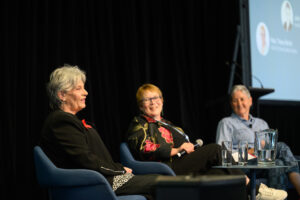
Jane Bruning from Positive Women Inc. and Julie Watson from InsideOUT, facilitated by Hon. Tracey Martin, speak on ‘Diversity and inclusion in ARC’.
The next panel session focussed on ‘Diversity and inclusion in ARC’ with Jane Bruning from Positive Women Inc. and Julie Watson from InsideOUT, facilitated by Hon. Tracey Martin. Tracey set the tone for the panel by introducing her Uncle Ian, a member of the rainbow community, who, despite his initial wariness of institutions, found happiness and embraced life at an aged care facility. Jane emphasized the transformative power of peer support, while Julie elaborated on the meaning of ‘rainbow community’, noting that different terms hold varying significance for individuals and highlighting that one’s gender identity is ultimately a personal matter. Jane also addressed the stigma surrounding living with HIV, pointing out that individuals with HIV may harbour fears about residing in an aged care home. Additionally, Tracey called out to ARC providers to publicly showcase their support, reinforcing the need for diverse communities within aged care facilities to feel welcomed and safe. Together, the panel underscored the importance of inclusivity and understanding in these environments.
Cam Ansell from Ansell Strategic spoke about the future of aged care in New Zealand. He acknowledged that New Zealand would need double the number of services for its elderly population over the next 10 years. He also underscored the importance of not just focussing on the volume, but the changing needs. He shared his proposed solutions which included a huge push towards home support services, better means testing for residents, new funding and contract model, and the need for an independent pricing authority such as the one in Australia.
The concurrent sessions featured four presentations – ‘Capacity funded respite care in ARC – case study: a review and possibilities for the future’ by Eleanor Bodger and Courtney Carter Smith from Eldernet; ‘AI in healthcare’ by Ben Walker from Cairn; ‘Emergency preparedness and resilience’ by Kim Abbott from Health NZ | Te Whatu Ora; and ‘Demystifying the use of technology in ARC’ by Gillian Robinson from HCSL.
- Eleanor and Courtney’s presentation primarily focussed on the provision of respite care in ARC and how it could be reimagined to be more effective. The presentation also included an overview of the Eldernet booking software, and capacity funding of beds in South Canterbury, i.e. beds that are funded whether empty or occupied.
- Ben Walker’s presentation focussed on the trends of Artificial Intelligence in healthcare, as well as the challenges and considerations in implementing AI.
- Gillian Robinson presented on the use of technology in ARC and the need for simplifying the process for efficient usage. She shared her organisation, HCSL’s experience with providing technology solutions for the ARC sector in New Zealand and noted, “Technology needs to be based on tomorrow’s needs, not yesterday’s thinking.”
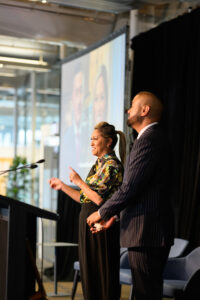
The Casketeers, Francis and Kaiora Tipene, shared their story and life journey into becoming funeral directors.
The afternoon session was delivered by Francis and Kaiora Tipene from the popular TV show, The Casketeers, who spoke about ‘Addressing death with dignity and aroha’. They shared their story and life journey into becoming funeral directors, and what got them sharing this journey on primetime television. They had the audience singing, laughing, and reflecting their emotions as they shared the challenges with helping families during a sensitive time.
Day 2 of the conference came to a close with the vibrant Gala Dinner, which had all our guests making a splash with their costumes! The theme for this year’s dinner was ‘Under the Sea’, which brought plenty of sea creatures including jellyfishes, corals, turtles, lobsters among others to the shore. The dinner started with a speech from the Minister for Seniors, Casey Costello. She appreciated the commitment by the sector in providing much-needed services to our kaumatua, while also acknowledging the need for reform and for a better funding model.
Following this, the winners of the ACA Excellence in Care Awards were announced to much celebration! Further details about the winners for various categories can be found here.
The night ended in high spirits with everyone celebrating the winners and dancing to the groovy tunes played by the band Titus Funk!
Day 3
The last day of the conference began on a fun note with a laughter yoga session led by ACA’s Urvi Gadhia. She also spoke of the benefits of laughter yoga, especially for the older generation.

Prof. Ajmol Ali reminds us to “Make time for your wellness, or you’ll be forced to take time for your illness.”
The laughter yoga session offered an excellent segue into the first session of the day – ‘Wellbeing for busy professionals’ by Prof. Ajmol Ali from Imago Wellness. He spoke about the importance of wellness in the workplace, encouraging people to watch out for signs of burnout. He also addressed the important of mental wellness, and being able to understand the difference between ‘flourishing’ and ‘languishing’ at work. He introduced the listeners to a programme of daily self-care, and encouraged managers to consider strategies to help employees manage their own wellbeing.
Andy Inder, Director of the Ageing Well programme at Te Whatu Ora led the next session. He shared updates from Te Whatu Ora and presented on ‘Responding to and implementing the results of the ARC service and funding review’. Andy acknowledged that there are different pathways for different people, and our health system needs to give people that choice to access the best pathway for them. He also emphasised on the importance to set up a system that offers the best quality of life for our kaumatua. He outlined the next steps on the review and encouraged providers to get in touch with his team to share their challenges and extend an invitation for the team to visit their facilities.
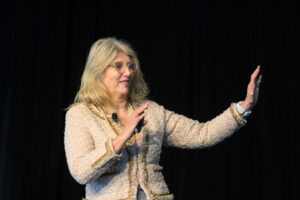
The conference was closed by an insightful session from futurist Melissa Clark-Reynolds.
The last session of the day and the conference was led by Melissa Clark-Reynolds, a futurist. Melissa’s session was insightful as she mapped the population trends across the globe and forewarned that we may not be able to rely on migrant workers for long as the workforce shortage is going to be global. She also spoke about the tech revolution in healthcare. She spoke about the use of robots in a healthcare setting in Japan and why they had proved counter-productive, emphasising that the need for actual human presence was unlikely to be replaced in health. She also raised concerns around recent AI innovations which enabled people to retain digital avatars of their loved ones after their death, and its likely consequences on how we deal with grief.
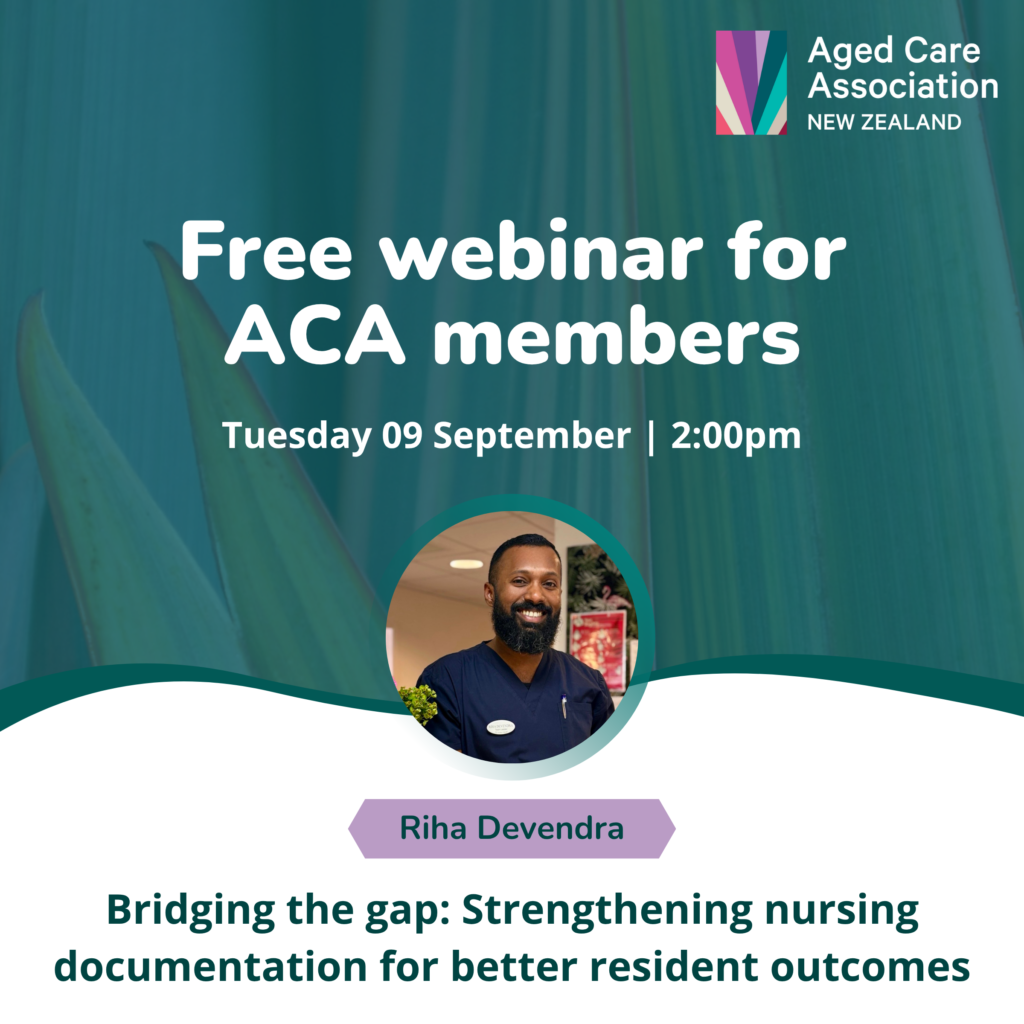

 Riha Devendra is the Clinical Team Lead at Te Hopai, bringing a diverse clinical background that includes emergency nursing, critical care, and medical evacuation. Since transitioning into aged care, he has become a strong advocate for clinical leadership, systems improvement, and person-centred care.
Riha Devendra is the Clinical Team Lead at Te Hopai, bringing a diverse clinical background that includes emergency nursing, critical care, and medical evacuation. Since transitioning into aged care, he has become a strong advocate for clinical leadership, systems improvement, and person-centred care.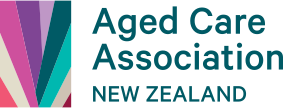
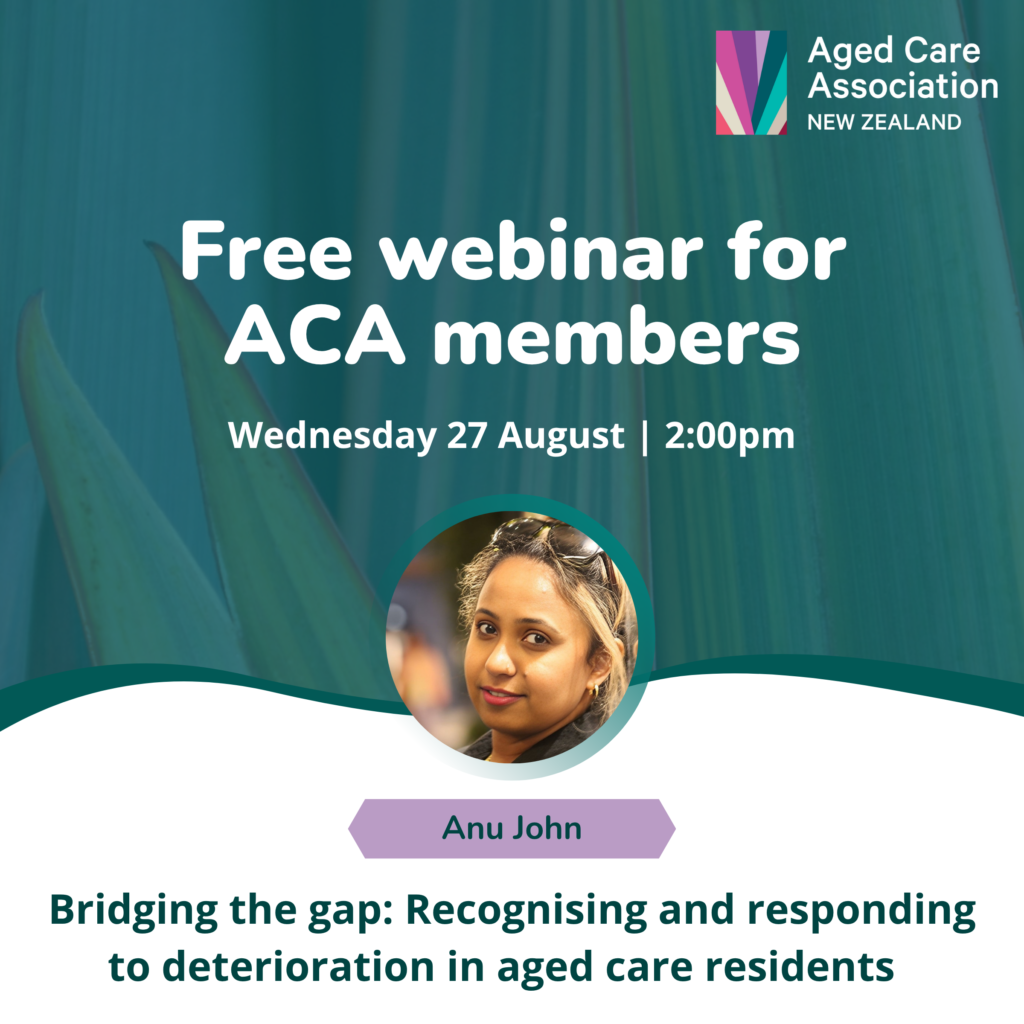

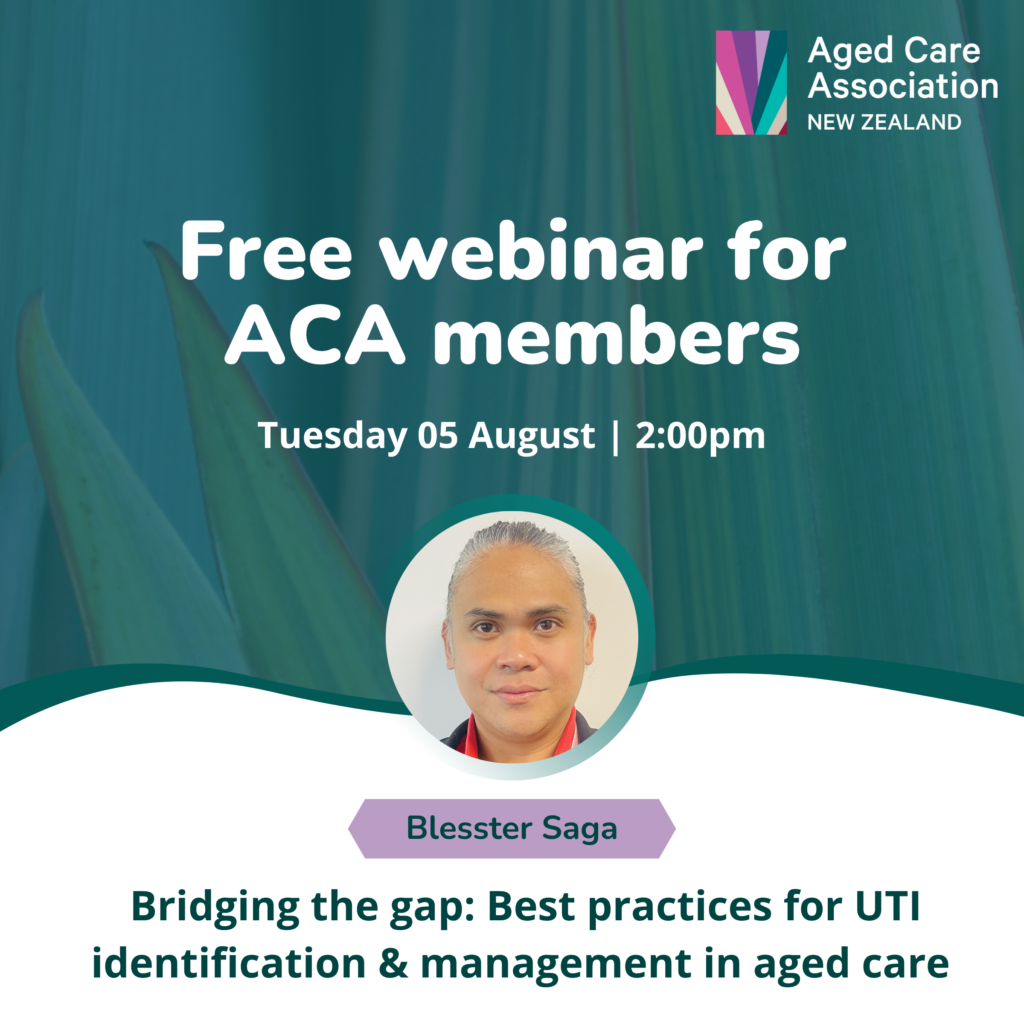
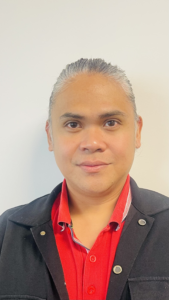 Blesster Saga is a nurse leader with deep expertise in infection prevention and aged residential care. His nursing journey has taken him from operating theatres in Cebu to senior leadership roles across New Zealand. Currently the Group Clinical & Quality Manager at Promisia Healthcare, Blesster has led major service improvements, including infection control initiatives and award-winning care programmes.
Blesster Saga is a nurse leader with deep expertise in infection prevention and aged residential care. His nursing journey has taken him from operating theatres in Cebu to senior leadership roles across New Zealand. Currently the Group Clinical & Quality Manager at Promisia Healthcare, Blesster has led major service improvements, including infection control initiatives and award-winning care programmes.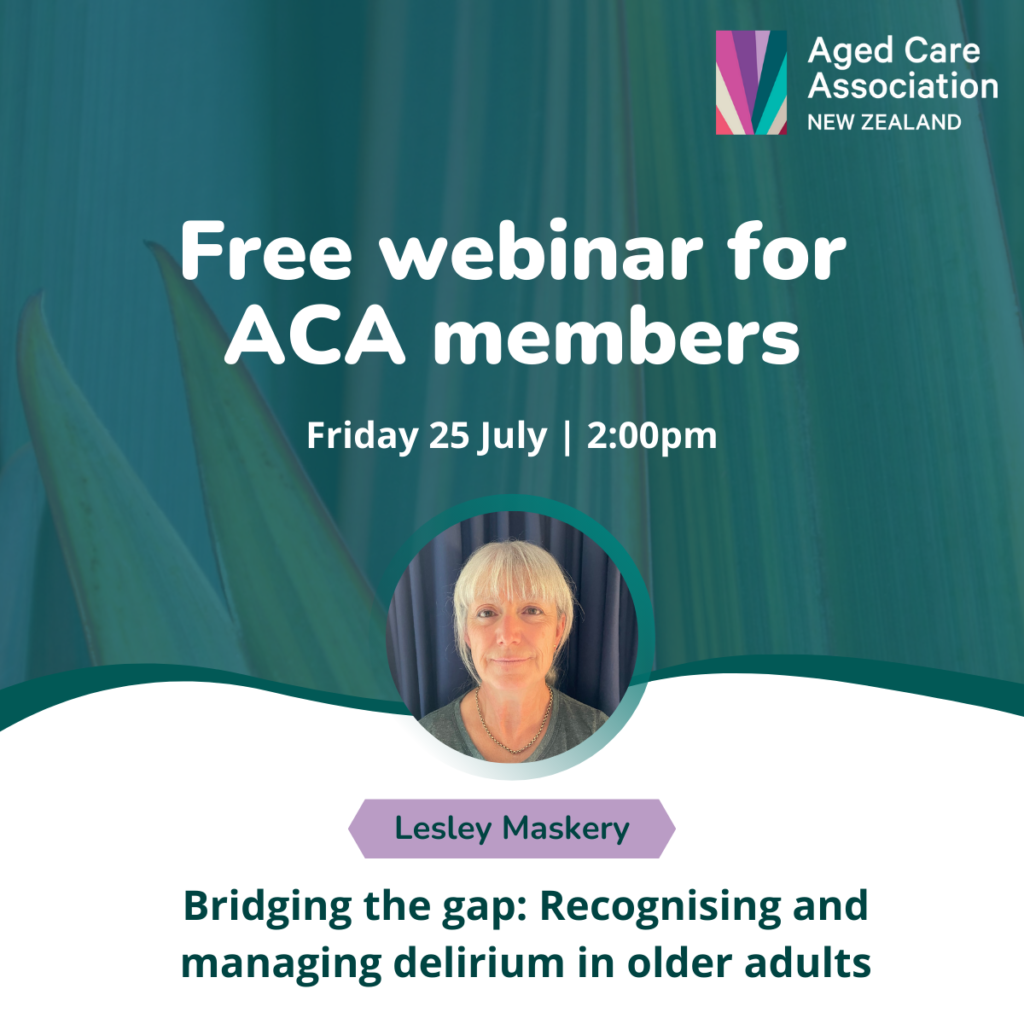

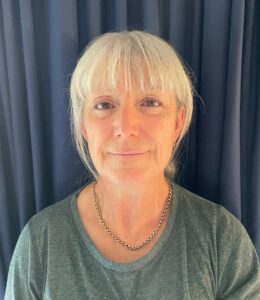 Lesley is a Nurse Practitioner, with over 30years experience in Older Persons’ Mental Health. She trained in the UK and worked both in hospital in-patient settings and as a Community Psychiatric Nurse. She moved to NZ in 2005, completing her Nurse Practitioner (NP) registration in 2018, and has worked within both the DHB and Aged Care sectors here in NZ.
Lesley is a Nurse Practitioner, with over 30years experience in Older Persons’ Mental Health. She trained in the UK and worked both in hospital in-patient settings and as a Community Psychiatric Nurse. She moved to NZ in 2005, completing her Nurse Practitioner (NP) registration in 2018, and has worked within both the DHB and Aged Care sectors here in NZ.
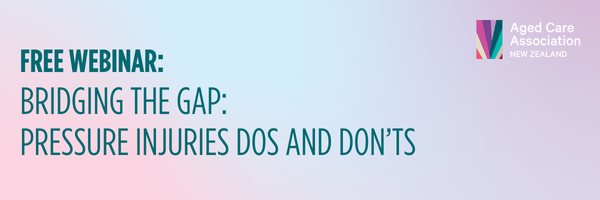
 Marie has a nursing background, joined Mölnlycke in 2008, and is based in Sydney. With valuable experience as a Senior Account Manager, Marie has managed Hospital, Aged Care, Community and Wound Care portfolios. In 2023, Marie transitioned into the role of Clinical Educator, overseeing the Customised Learning virtual education platform and delivering product-based wound care education to Health Care Professionals across Australia and New Zealand.
Marie has a nursing background, joined Mölnlycke in 2008, and is based in Sydney. With valuable experience as a Senior Account Manager, Marie has managed Hospital, Aged Care, Community and Wound Care portfolios. In 2023, Marie transitioned into the role of Clinical Educator, overseeing the Customised Learning virtual education platform and delivering product-based wound care education to Health Care Professionals across Australia and New Zealand.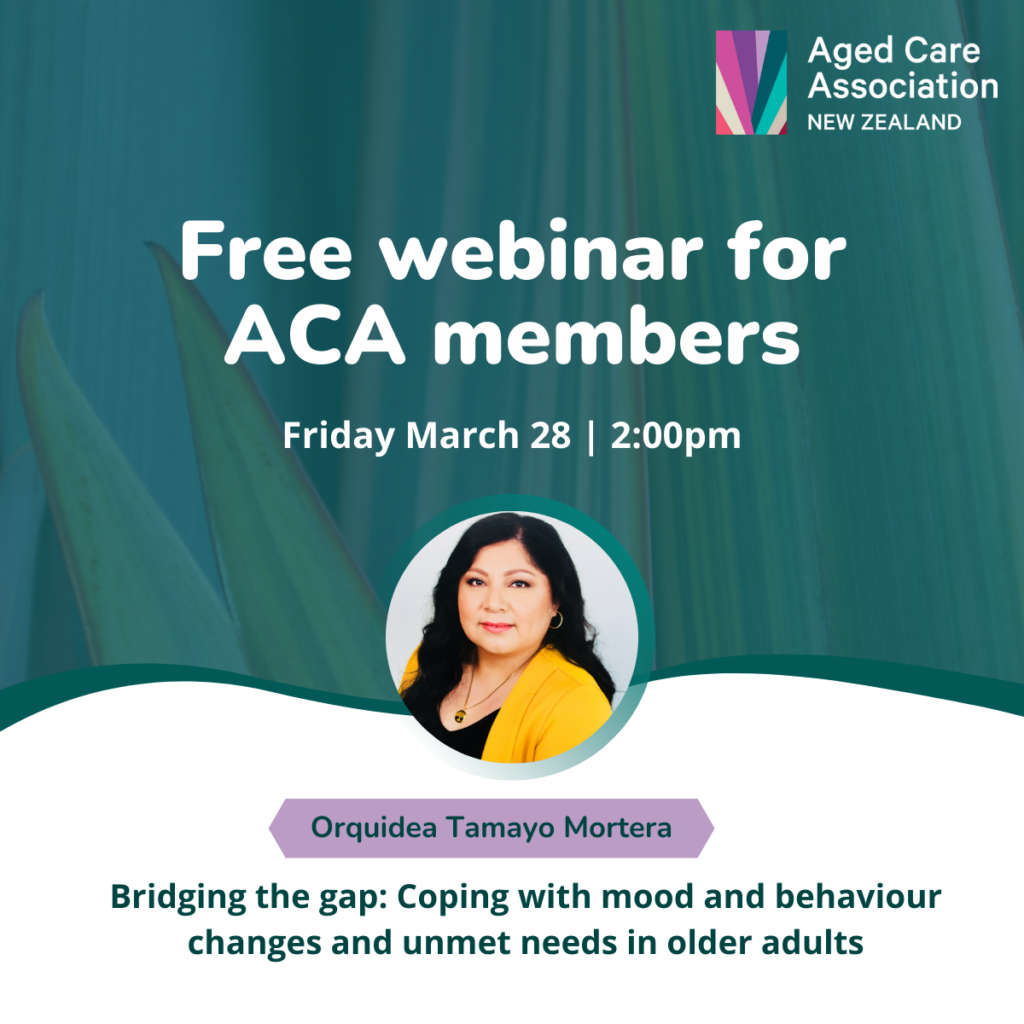
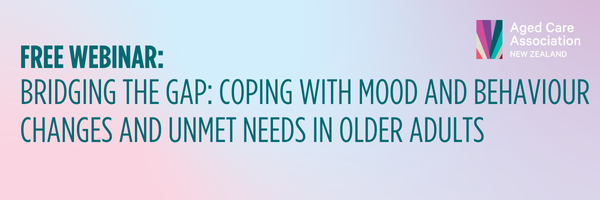

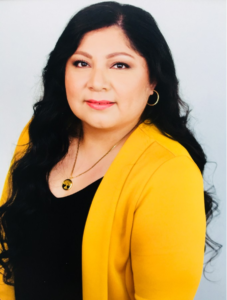 She is a national and international speaker, and a consultant in the use of models of care and support, therapeutic recreation, person centre and person lead approaches, human rights, meaningful engagement, purposeful lifestyle, complementary therapies, and non-pharmacological approaches. She has extensive experience in healthy ageing, retirement villages, aged care (dementia, hospital, rest home), community, mental health, and the disability sectors. Due to her impactful work, she has received many accolades in NZ and internationally.
She is a national and international speaker, and a consultant in the use of models of care and support, therapeutic recreation, person centre and person lead approaches, human rights, meaningful engagement, purposeful lifestyle, complementary therapies, and non-pharmacological approaches. She has extensive experience in healthy ageing, retirement villages, aged care (dementia, hospital, rest home), community, mental health, and the disability sectors. Due to her impactful work, she has received many accolades in NZ and internationally.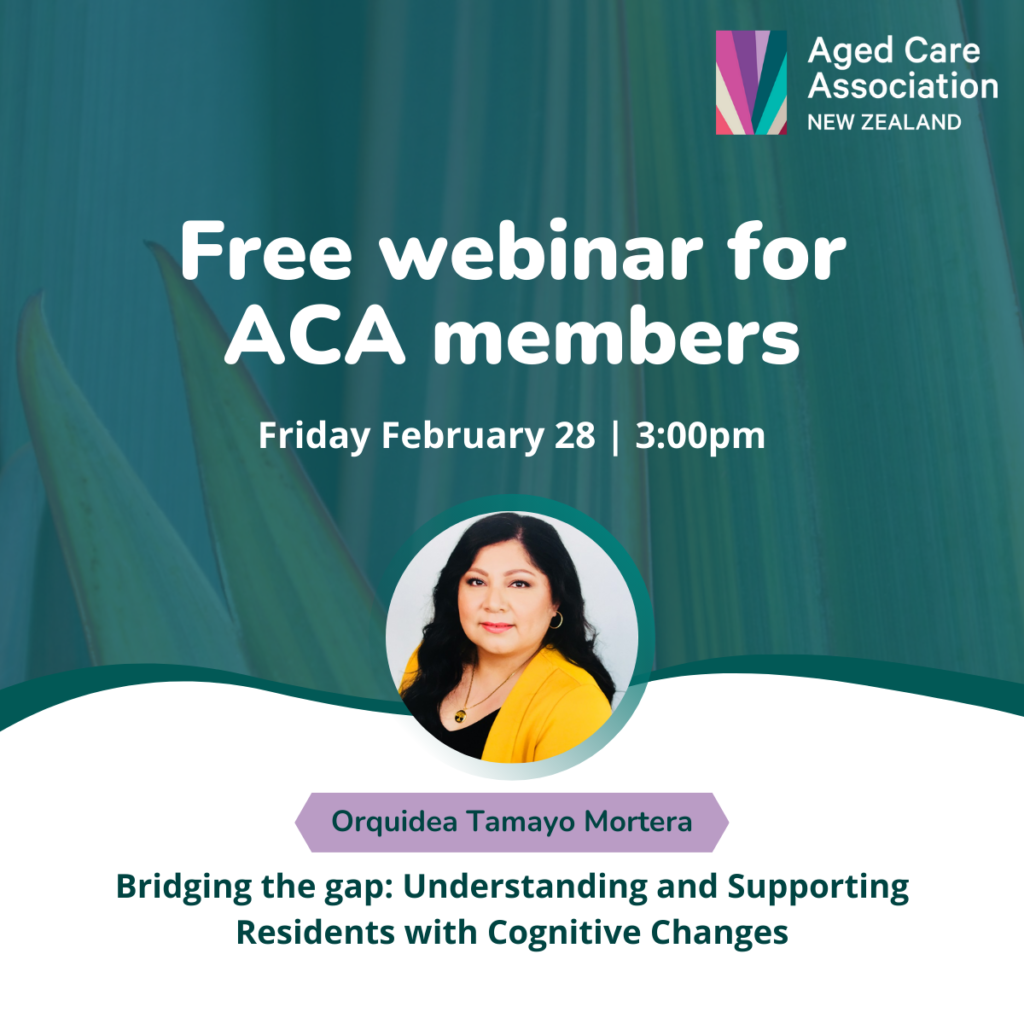
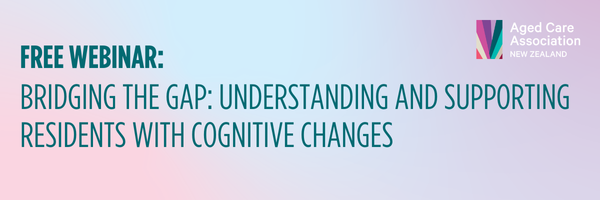
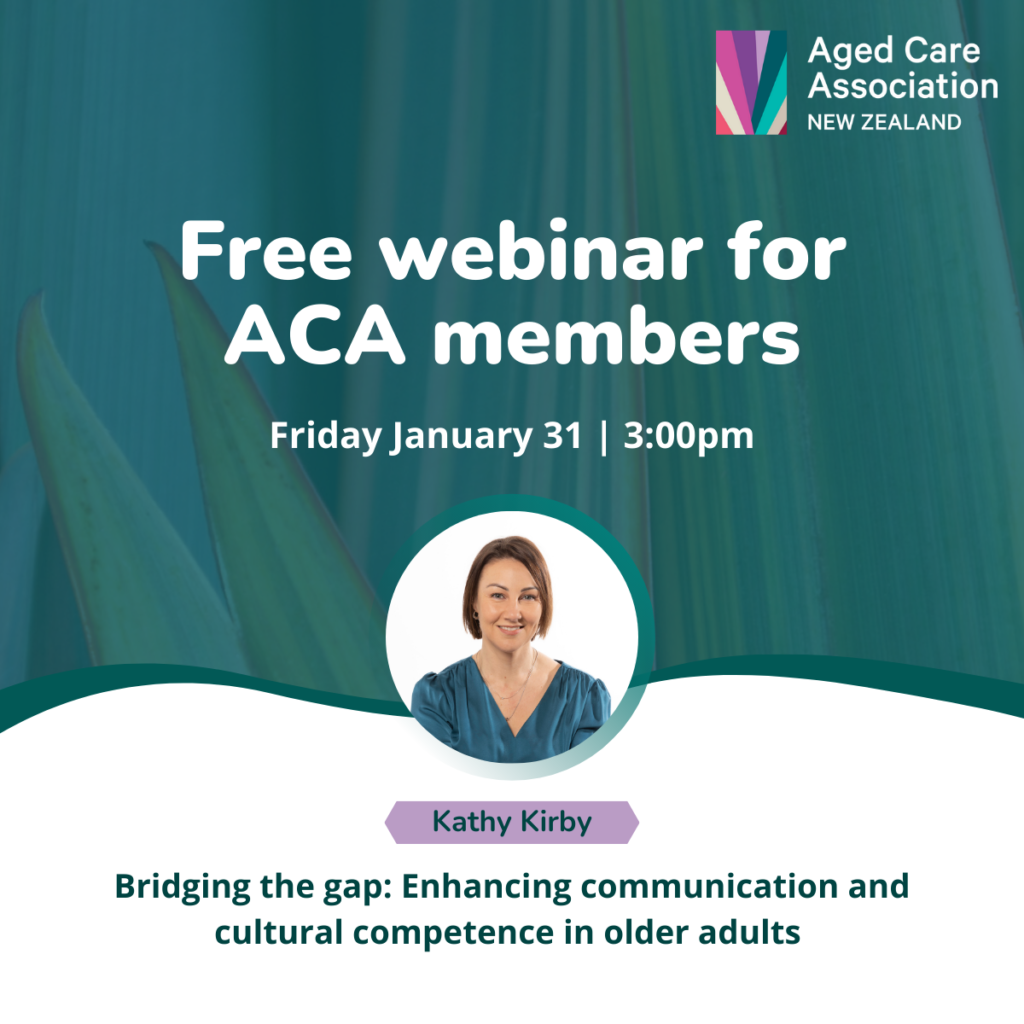
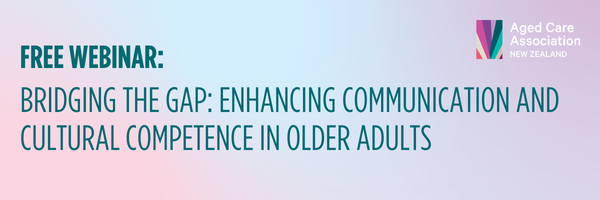
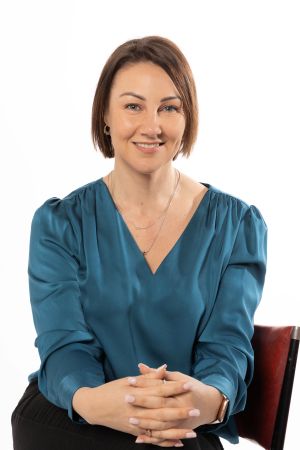 Kathy is a highly experienced Registered Nurse with over 20 years of expertise across a wide range of healthcare settings. Her career spans acute, sub-acute, community, and aged care and continues to work as a clinician giving her a comprehensive understanding of the diverse needs and challenges within the health and aged care sectors.
Kathy is a highly experienced Registered Nurse with over 20 years of expertise across a wide range of healthcare settings. Her career spans acute, sub-acute, community, and aged care and continues to work as a clinician giving her a comprehensive understanding of the diverse needs and challenges within the health and aged care sectors.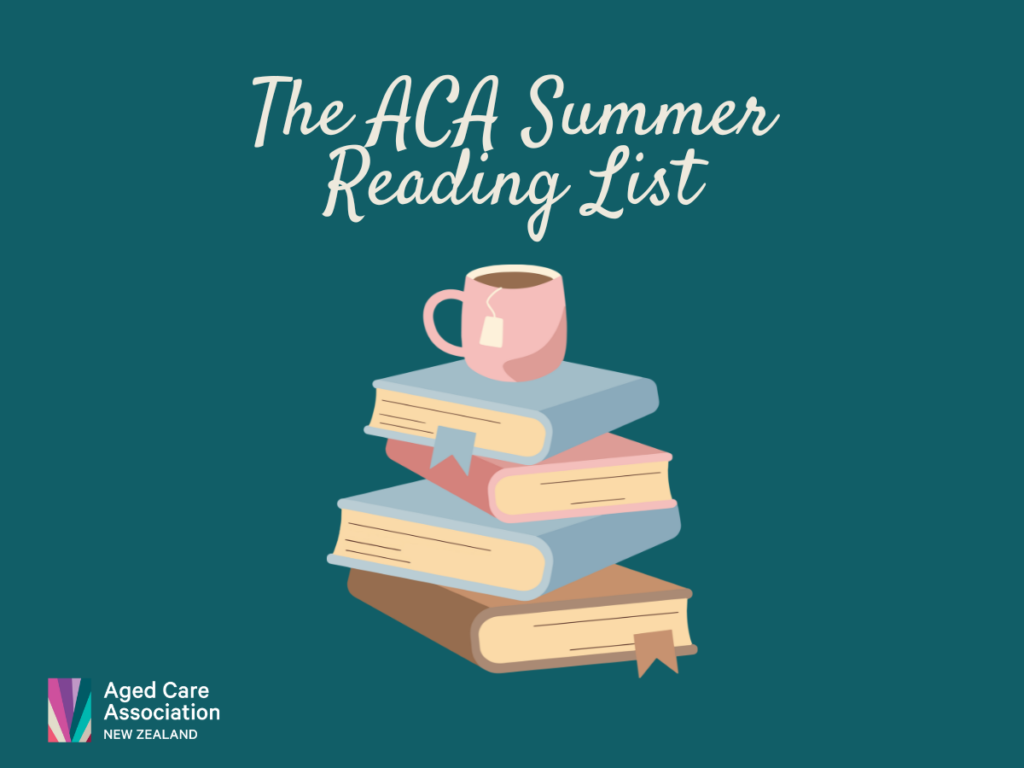
 As you lounge by the beach or unwind in the shade, why not delve into some of the most riveting aged care page-turners this summer? From funding formulas to equity challenges, this collection has all the drama, intrigue, and data analysis to round out the relaxation period. Here’s your ultimate guide to the must-reads for those who love aged care as much as they love a good book:
As you lounge by the beach or unwind in the shade, why not delve into some of the most riveting aged care page-turners this summer? From funding formulas to equity challenges, this collection has all the drama, intrigue, and data analysis to round out the relaxation period. Here’s your ultimate guide to the must-reads for those who love aged care as much as they love a good book:








